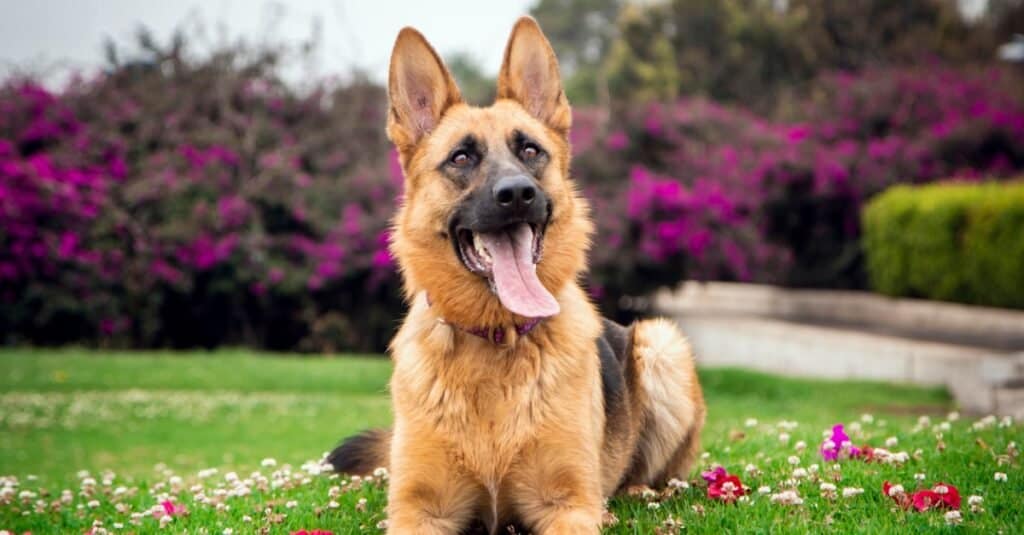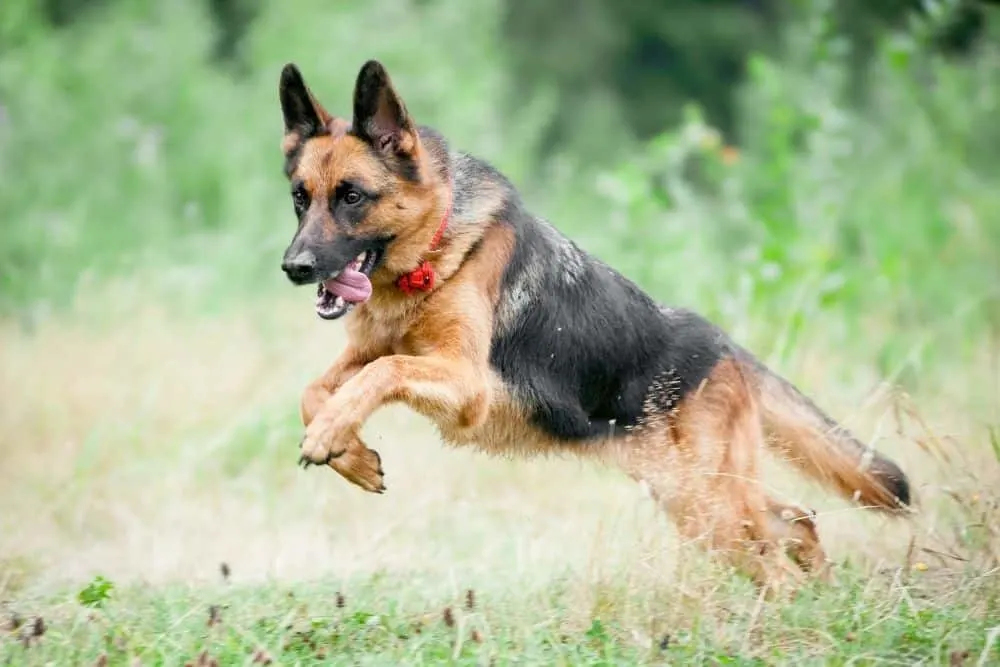
German Shepherd Puppy Behavior Stages: What to Expect
Share
The journey of raising a German Shepherd puppy is both exciting and rewarding for any health-conscious pet owner. Recognizing the behavior stages of your German Shepherd can significantly enhance your relationship with your furry friend. From the moment they are born, German Shepherd puppies undergo a series of developmental changes that influence their behavior, health, and well-being.
Understanding these stages not only helps in managing expectations but also ensures that your German Shepherd puppy grows up to be a well-adjusted and healthy adult dog. In this article, we will delve into the fascinating world of German Shepherd puppy behavior stages, offering insights and tips that can make your journey smoother and more enjoyable.

The Neonatal Stage (0-2 Weeks)
During the neonatal stage, German Shepherd puppies are entirely dependent on their mother. Their eyes and ears are closed, and they rely on their sense of touch and smell to navigate the world around them. At this stage, the most critical needs are warmth, food, and comfort.
Health-conscious pet owners should ensure the mother dog is well-fed and healthy, as this directly affects the puppies' nourishment. Regular veterinary check-ups are essential to monitor the health of both the mother and the puppies.
The Transitional Stage (2-4 Weeks)
The transitional stage is a period of rapid development for German Shepherd puppies. Their eyes and ears begin to open, and they start to become aware of their surroundings. Puppies will begin to stand, walk a bit unsteadily, and play with their littermates.
This stage is crucial for initial socialization. Health-conscious pet owners should introduce gentle handling to accustom the puppies to human interaction. It's also the time to start introducing soft, easy-to-digest foods alongside the mother's milk.
The Socialization Stage (4-12 Weeks)
The socialization stage is perhaps the most influential in shaping a German Shepherd puppy's future behavior. During this period, puppies are highly receptive to new experiences. Socialization with humans and other animals is vital to prevent fear and aggression issues later in life.
Expose your German Shepherd puppy to a variety of environments, sounds, and experiences. This exposure should be positive and gradual. For more detailed tips on puppy socialization, you can visit this external link for expert advice.
The Juvenile Stage (3-6 Months)
The juvenile stage is marked by increased independence and curiosity. German Shepherd puppies become more energetic and playful. It's also the stage where they start testing boundaries, which makes consistent training essential.
Health-conscious pet owners should focus on establishing a routine that includes regular exercise, balanced nutrition, and mental stimulation. Consider reading more about puppy development milestones to ensure you're on the right track.
The Adolescent Stage (6-18 Months)
Adolescence can be a challenging phase for German Shepherd owners. During this stage, puppies might exhibit stubbornness and test limits as they mature sexually. Consistent and patient training is crucial during this time.
Ensure your German Shepherd receives ample exercise to channel their energy positively. Training sessions should be frequent and engaging. For additional support, consider exploring part-time care options to help manage your dog's energy levels.
Supporting Health and Well-being at Each Stage
Throughout each behavior stage, maintaining the health and well-being of your German Shepherd puppy is paramount. Regular veterinary visits, proper nutrition, and a safe environment are foundational. Additionally, mental stimulation through toys and interactive play is essential for their cognitive development.
Health-conscious pet owners should consider the specific dietary needs of German Shepherd puppies, which may include high-quality protein sources and the right balance of vitamins and minerals. For more insights on diet and care, you can read about dog behavior post-adoption.
Conclusion
In conclusion, understanding the German Shepherd puppy behavior stages is crucial for providing the best care and ensuring a strong bond with your puppy. Each stage presents unique challenges and opportunities that can be navigated with knowledge and preparation. By being proactive and informed, you can help your German Shepherd puppy grow into a healthy and happy adult dog.

FAQs
What should I focus on during the socialization stage?
The socialization stage is vital for introducing your German Shepherd puppy to various people, animals, and environments. Focus on creating positive experiences to prevent future behavioral issues.
How can I manage my German Shepherd's energy during adolescence?
During adolescence, regular exercise, mental stimulation, and consistent training are key to managing your German Shepherd's energy. Consider structured activities like agility training or obedience classes.
What are the dietary needs of a German Shepherd puppy?
German Shepherd puppies require a balanced diet rich in high-quality proteins, fats, and essential vitamins and minerals. Consult with your veterinarian to develop a diet plan tailored to your puppy's needs.
This article contains affiliate links. We may earn a commission at no extra cost to you.
